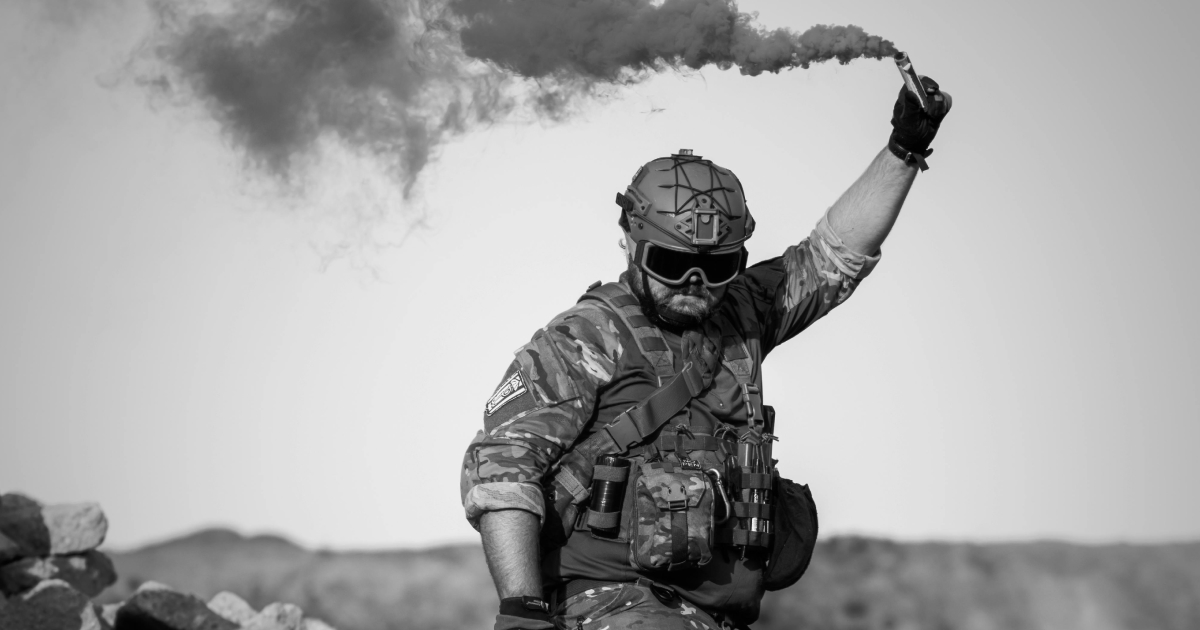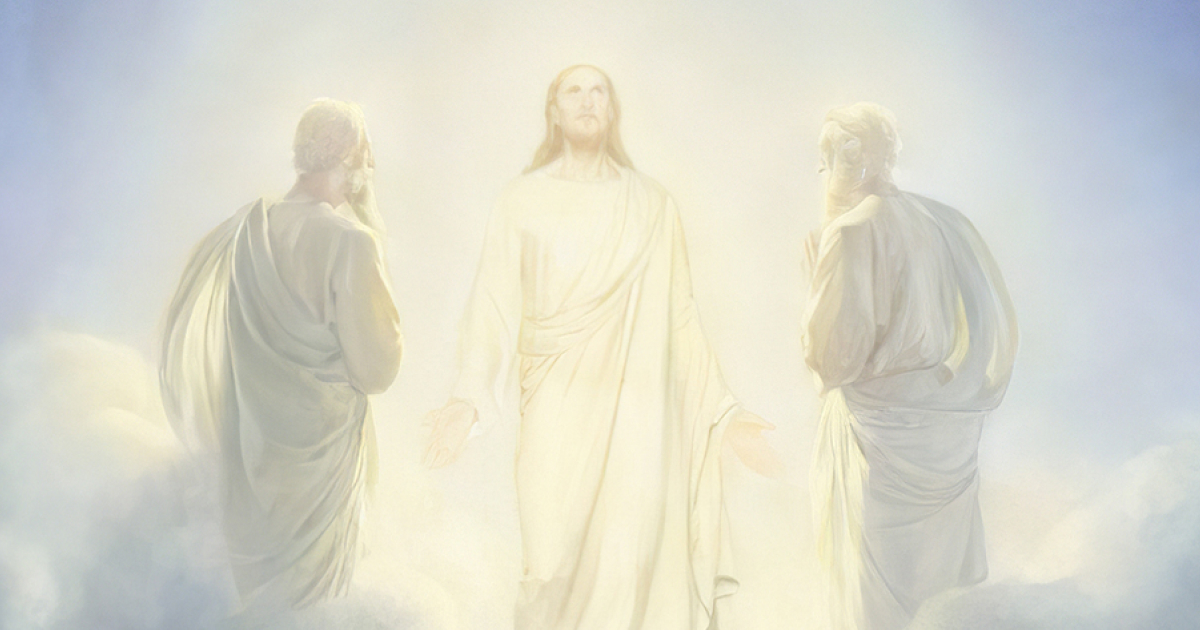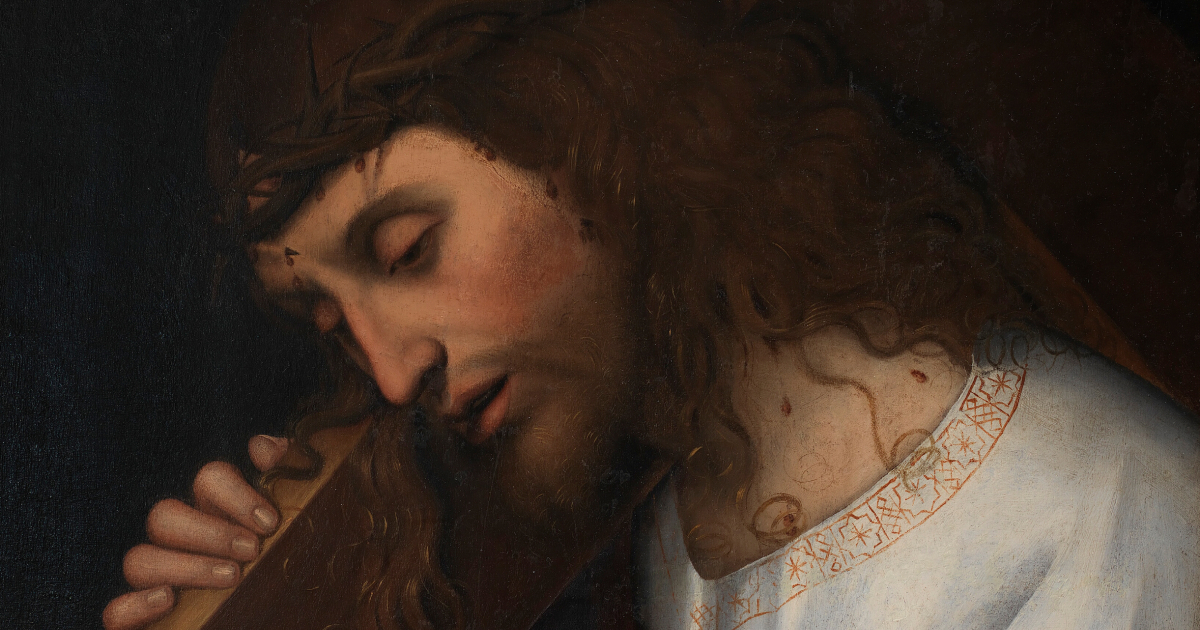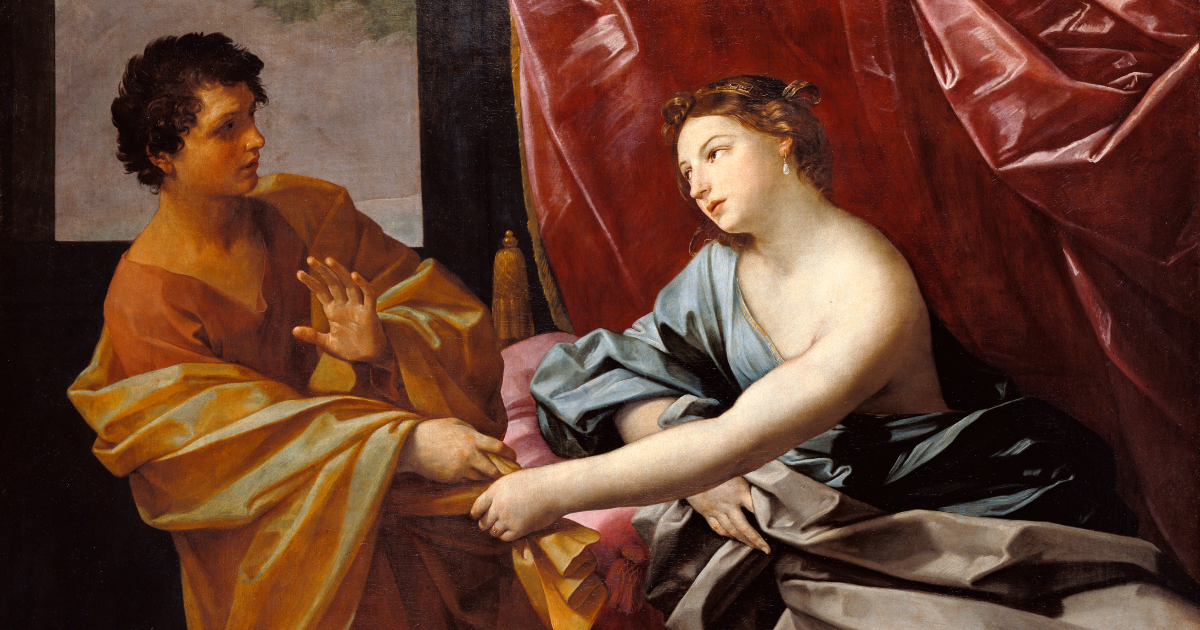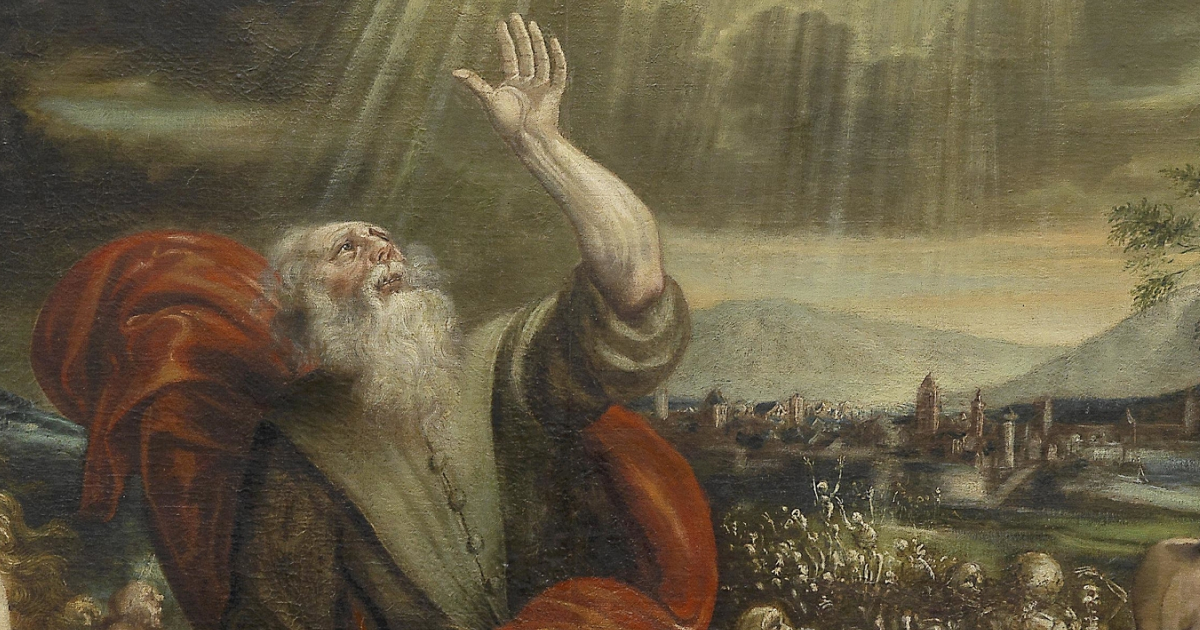Pope Leo XIV canonised José Gregorio Hernández, the physician known as the “doctor of the poor”, in St Peter’s Square on Sunday before tens of thousands of pilgrims from Latin America and beyond.
The Venezuelan layman, killed in 1919 while bringing medicine to a sick woman, was declared a saint alongside fellow Venezuelan Mother Carmen Rendiles Martínez, founder of the Handmaids of Jesus, marking a historic moment for Venezuela and the wider Church.
The canonisation, Venezuela’s first, was greeted with jubilant scenes in Caracas, where thousands gathered outside Our Lady of La Candelaria Church to watch the Mass on large screens. Across the country, churches held vigils and processions in honour of the nation’s new saints. Many saw the ceremony as a sign of hope amid deep economic hardship, political division and widespread emigration.
President Nicolás Maduro’s government publicly supported the canonisation and helped organise celebrations in the saints’ hometowns, yet the event has sharpened tensions between the state and the Church.
While the government has sought to align itself with the popular devotion to Hernández, exiled Venezuelan clergy and opposition figures have accused it of politicising a deeply religious occasion.
Father José Palmar, a Venezuelan priest now living in the United States, told OSV that “no government can appropriate the holiness of José Gregorio to disguise its own faults”, urging clergy in Venezuela to resist manipulation.
In Caracas, state officials oversaw restoration work at Our Lady of the Rosary Church in Isnotú, where Hernández was born, and commissioned murals and parks to commemorate the canonisation. Local authorities described the effort as a gesture of national pride, while Church leaders emphasised its spiritual significance.
The Venezuelan bishops’ conference called the canonisation “a sign of unity and faith”, encouraging the government to mark the occasion with “acts of grace” such as the release of political prisoners.
In his homily, the Pope hailed Hernández as “a model of Christian charity whose hands healed bodies and hearts alike”. The decision to proceed with the canonisation by recognising the widespread devotion to Hernández reflected a desire to honour the faith of ordinary believers.
Historically, Hernández’s rise to sainthood has been decades in the making. Beatified in 2021 after the miraculous healing of a young girl, he has long been revered in Venezuelan homes, hospitals and streets, his image painted on walls and altars across the country. When Pope John Paul II visited Venezuela in 1996, more than five million people signed a petition asking for his canonisation.
The recognition of Venezuela’s “doctor of the poor” brings spiritual comfort to a nation struggling with inflation, sanctions and mass poverty. For many Venezuelans, the saint’s canonisation is not only a tribute to a humble physician but also a moment of unity in a country yearning for renewal.





.jpg)



